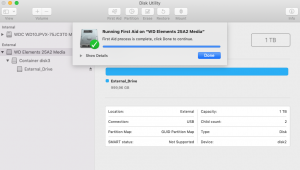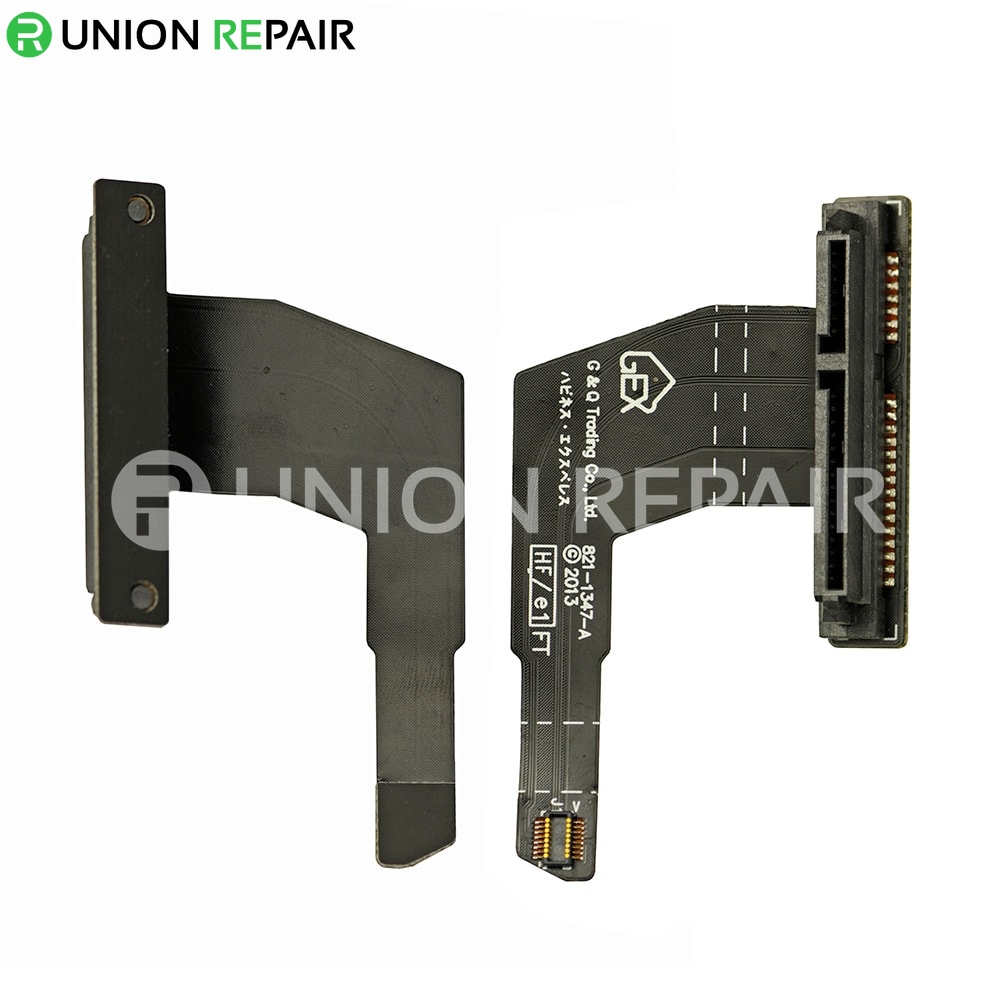
- Mount hard drive mac how to#
- Mount hard drive mac Pc#
- Mount hard drive mac mac#
- Mount hard drive mac windows#
To do this, shut down or restart your Mac, switch it back on and immediately press these four keys together for at least 20 seconds: Option, Command, P, and R. You should be able to access your drive that way, and, in the Finder menu under Preferences > General, you can check External Drives to ensure that from now on it shows up on your desktop too. Even if that is the case, the drive will still appear in the left-hand column of the Finder menu under Locations.
Mount hard drive mac mac#
It could be that your Mac already recognizes the device, but just isn’t showing its icon on the desktop screen.
Mac not formatted to display external drives on the desktop. For more information, go to the same menu option, then select System Report. The best way to look for an incorrectly formatted drive is to go toĪpple (in the top toolbar menu) > About This Mac > Storage. Mount hard drive mac Pc#
If you’ve got a PC or laptop, it’s worth connecting and seeing if you can access the files through another device.
Mount hard drive mac windows#
It could be that you are trying to connect something only fit to interact with Windows devices. Not every external drive is optimized for Macs. Restarting your Mac essentially clears your macOS’s memory and starts it up fresh. Or press and hold the power button and, when a dialog box appears, click Restart or press R. Hopefully, some data damage can be fixed by restarting.
Reboot your Mac. Sometimes, if a USB disk won't boot, the cause is a macOS issue. If you’ve got another port, try connecting the device to that one. It could be a hardware issue with the Mac. Try connecting the same device with a different cable. Assuming it’s plugged in correctly, not wobbly or loose, the cable could be at fault. Check whether the drive is properly plugged in. It sounds obvious, but since this relies on a wire - either a USB cable or HDMI cable - if it’s not connected properly then it won’t appear on your desktop. While it’s impossible to instantly figure out why an external disk drive is not showing up, you have to try to fix the problem. Mount hard drive mac how to#
How to fix an external disk drive that won't show up on a Mac
Your drive has been corrupted or broken. There could be a few reasons why SSD isn’t making an appearance (just as any other external drive), the most common being: Let’s say you’ve encountered the problem of SSD not showing up. Why your Mac does not recognize external hard drive How to make Ext2/Ext3 drives readable on Mac. Alternative ways to recover data from an external hard drive. A few more tips on getting your files back. An easy way to recover lost files on an external hard drive. 
How to recover data from a crashed drive.Repair the failed external drives with First Aid.
 How to show connected devices in Finder.
How to show connected devices in Finder.  How to fix new hard drive not showing up in Finder. How to fix an external disk drive that won't show up on a Mac. Why your Mac does not recognize external hard drive. Let’s take a look at why this is happening and how you can fix the external hard drive not showing up problem: And besides, there can be a risk that data on the external USB pen, hard, or flash drive is corrupt, which means you can’t transfer what you need between devices at all.Ĭorrupt data can be one reason your Mac won't recognize an external drive, but there are other reasons too. It’s annoying, especially when you need to transfer something right then. However, sometimes, an external hard drive doesn't show up. Apple likes to ensure these are easy to find, so they also appear in the Finder in the left-hand column under Locations. Most of the time, when you connect an external hard drive to your Mac’s USB port, you soon see it mount on the desktop. Disk Drill brings deleted files back from the dead.
How to fix new hard drive not showing up in Finder. How to fix an external disk drive that won't show up on a Mac. Why your Mac does not recognize external hard drive. Let’s take a look at why this is happening and how you can fix the external hard drive not showing up problem: And besides, there can be a risk that data on the external USB pen, hard, or flash drive is corrupt, which means you can’t transfer what you need between devices at all.Ĭorrupt data can be one reason your Mac won't recognize an external drive, but there are other reasons too. It’s annoying, especially when you need to transfer something right then. However, sometimes, an external hard drive doesn't show up. Apple likes to ensure these are easy to find, so they also appear in the Finder in the left-hand column under Locations. Most of the time, when you connect an external hard drive to your Mac’s USB port, you soon see it mount on the desktop. Disk Drill brings deleted files back from the dead.







 0 kommentar(er)
0 kommentar(er)
